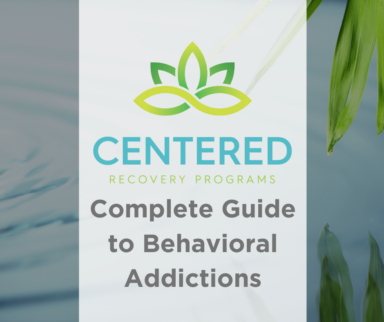The Merriam-Webster Online Dictionary provides this definition: “the practice of maintaining a nonjudgmental state of heightened or complete awareness of one’s thoughts, emotions, or experiences on a moment-to-moment basis; also : such a state of awareness.”
How Does Mindfulness Relate to Addiction Recovery?
People who have become dependent on drugs or alcohol are very much living their days in a reactive state and are usually letting their thoughts dictate their actions and experiences. Their general awareness of themselves, others and what is going on around them is very low. Mindfulness-based practices, including meditation and other basic yet powerful techniques, allow people to become more aware of their thoughts, sensations and situations and are able to decide and act appropriately with more purpose, compassion and understanding.
Mindfulness helps former substance abusers to become more themselves and much less reactionary, thus helping to make more rational choices to stop addictive behaviors and other destructive actions. It also goes much farther beyond this, as a present awareness also improves all other areas of life, such as relationships, work or school performance and much more.
The nonjudgmental portion is also very key. Most people with substance abuse problems are quick to be hyper-critical of themselves and others, and adopting a more accepting attitude can help to reduce much of the negativity associated with interpersonal relations and low self-esteem.
Who Can Benefit from this Therapy?
In reality, there isn’t anyone who can’t benefit from it if they’re willing to try it. We hope you’ll take the time to read more of the information on this site, including some of the research and external resources, and contact us to learn more about our program.








